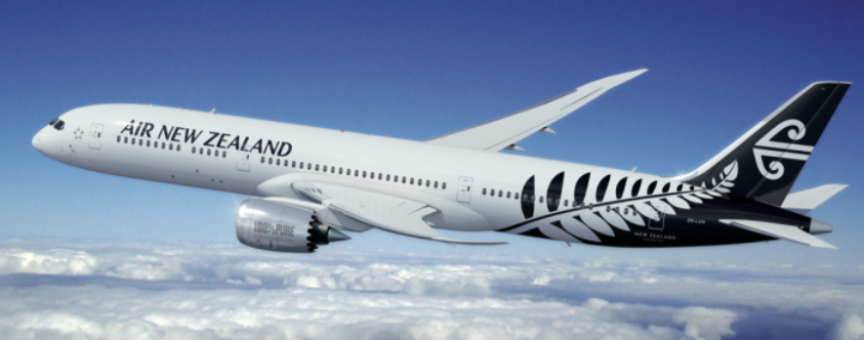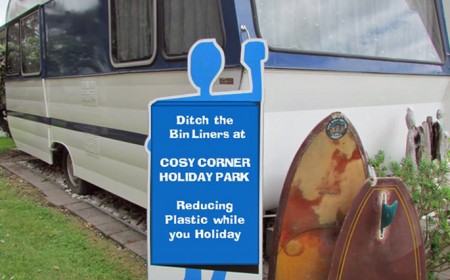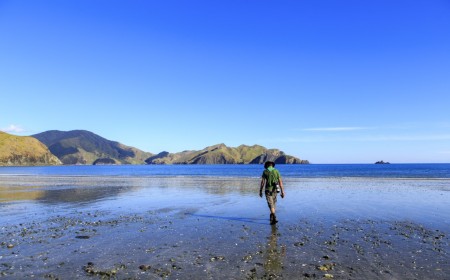Air NZ and sustainable sourcing
Cracking down on slave labour
There have been reports of slave labour being used in prawn operations in South East Asia.
'It's a small example of the things we're looking at - we have to be reaching back further into our supply chain to make sure that inadvertently or unintentionally we might be causing something that's contravening basic human rights or labour rights,'' Luxon said.
The airline had signed up to international modern slavery legislation three years ago and to the United Nations' sustainable development goals.
Air New Zealand is also part of an international effort to stamp out human trafficking, an initiative boosted this week by the International Air Transport Association's (IATA) drive to eliminate the practice.
Luxon said his airline began training staff last year to recognise people who may be travelling under duress.
IATA said an estimated 24.9 million people were illegally trafficked and live in conditions of modern slavery.
''The extensive reach of the global air transport network means that unfortunately, airlines are used by traffickers to facilitate their activities.''
Luxon said the issue was truly global.
''While you would say that New Zealand on the surface would not have a massive issue, we have had issues in the last 12 months whether it be in construction or other industries across the country.''
It was important that to teach crew to spot what could be situations that need more questioning and intervention.
Read more in the NZ Herald article.
Read more about Air New Zealand and sustainable sourcing
Business Commitment 10: Sustainable Supply Chains - Businesses have socially and environmentally sustainable supply chains



